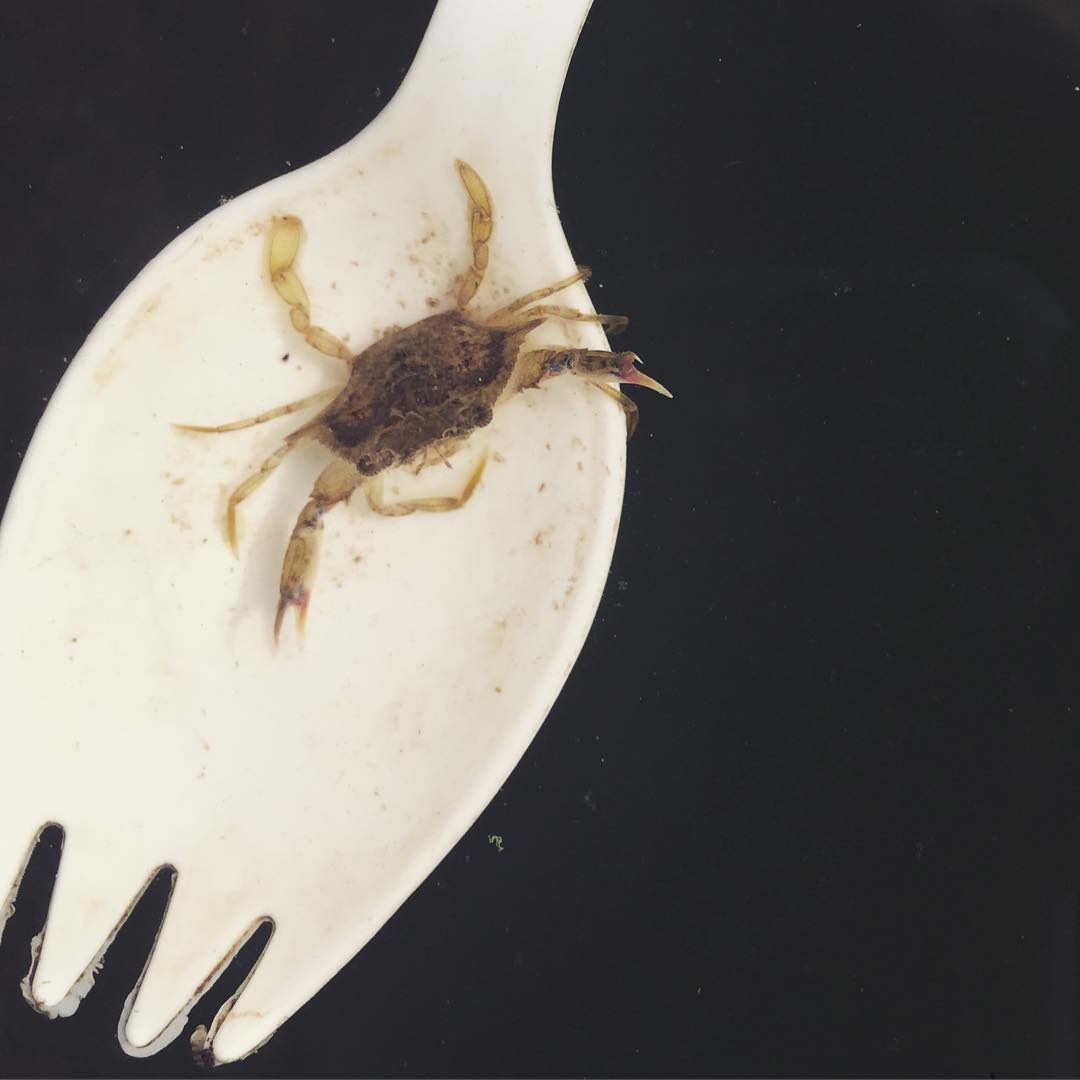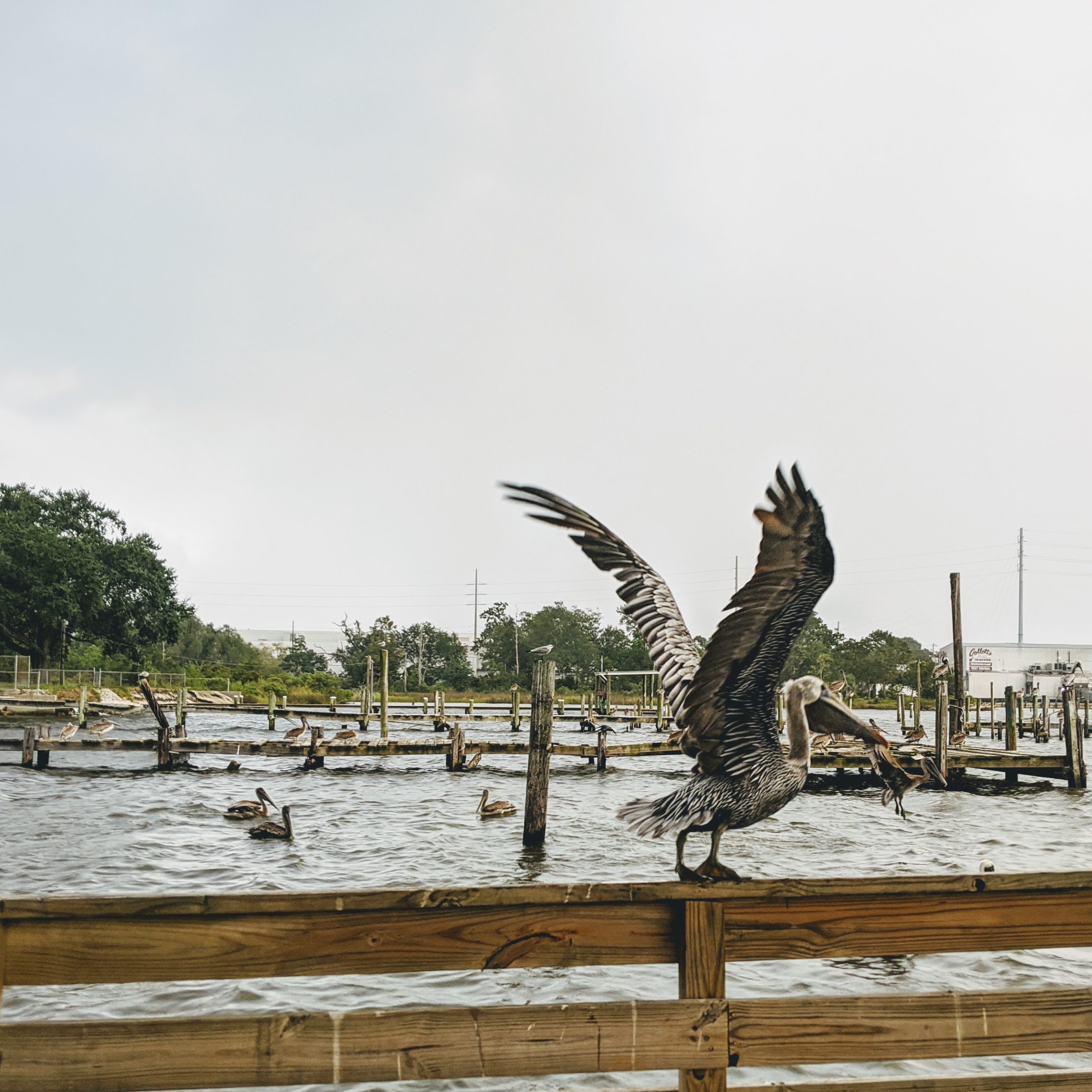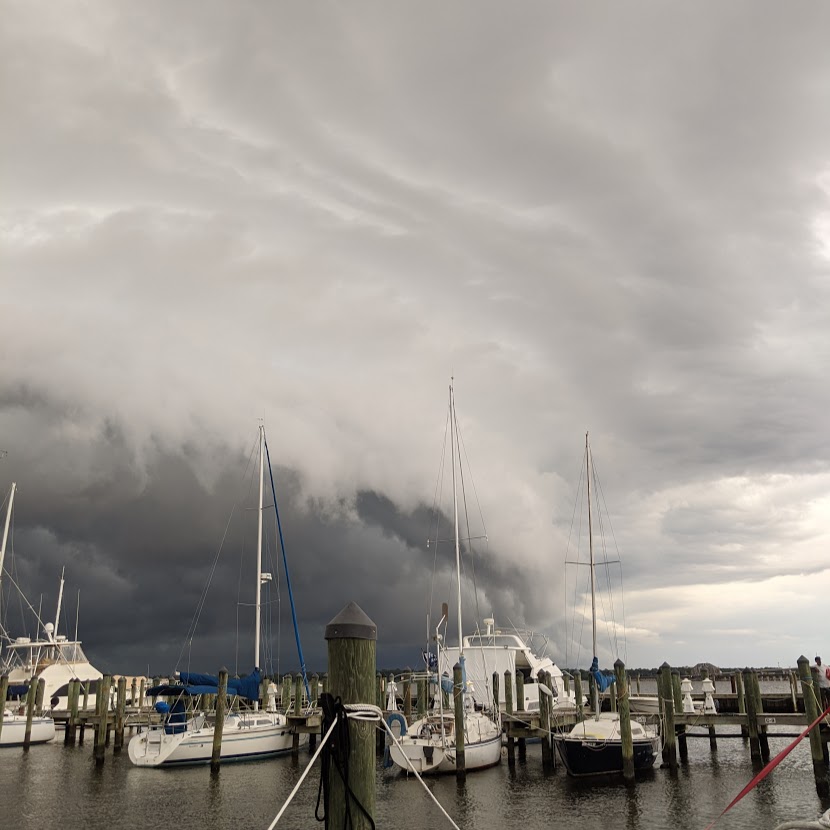Fain’s bonus mom Emma* made an interesting comment when we were talking on the phone in the wake of Fain’s seizure a couple of weeks ago. We’d talked through the fear and anxiety of the episode itself, and then we’d fallen into talking about the fear and anxiety of life, in general.
She said that Jack and I are curating our suffering, that by choosing the harder life aboard the Shanti, we’d given our adversity meaning and purpose.
I thought this was a really lovely way of describing the experience, and she’s right. Anyone who’s been following along with our adventures knows that we’ve been enduring one trial after another. I won’t run through the list again. Just go back and read any of my earlier blog posts.
But we’ve also got a shared vision and a shared goal that we’ve all agreed is worthwhile. We’ve chosen our suffering, and in choosing, we’ve given our suffering meaning and purpose.
We’re suffering to an end.
When we were living on land, we struggled every month to make ends meet. We were worried about making mortgage payments, covering car and health insurance, utility bills and water bills and phone bills and any number of other bills that I’ve completely forgotten about now.
Later, we lived in anticipation of rising rent costs, leaks that went unrepaired by our landlord, the cost of office spaces and parking spaces.
To make matters more bleak, we were faced with the potential of decades of the same struggle with no promise that it would end satisfactorily. There was never enough money left over to start a savings account or to go on vacation. There was never enough time or energy left over to have a long philosophical conversation with our teenager or to pick up a hobby. By the end of the day, we were all just beat.
We kept our fingers crossed that at some point in a future too distant to be able to pinpoint, we’d maybe get a break, we’d maybe retire, we’d maybe have a little nest egg. Maybe.
It felt like a long march to nowhere.
The last few years aboard the Shanti have come at a cost: financial, energetic, and physical. I’m no spring chicken, and when I’m cooking on the floor, my back is killing me. When Jack is breaking his brain over the right way to do something he’s never done before, he’s stressed to the max.
We try to shelter Fain from most of the discomfort. His Captain’s Quarters are warm in the winter, he eats lots of healthy foods, and he’s got the only TV aboard the Shanti. But even he willingly makes sacrifices to move this project forward. His birthday and Christmas gifts are meager because that money goes to the boat now, and he’s gracious about it. He doesn’t complain. He wants to see the Shanti seaworthy as much as Jack and I do.
We’re all making sacrifices to make this happen, and there’s been an immediate return.
We’ve gained resilience, and we’ve learned what we’re capable of as a family and a crew. We’ve developed stronger bonds, and we’ve learned to work together, even when we’re not getting along. We’ve learned what we really need, and we’ve gained an appreciation for what we already have, including family and friends who are always on board (at least in spirit) to lend a word of encouragement or to outright rescue us.
We’ve got Emma on hand to remind us that someone is worrying about us and thinking about us when we’re feeling at our lowest, and we’ve got Fain’s dad Tim showing up with fishing rods and tackle and advice to keep us afloat. We’ve got grandparents who offer us a home away from the Shanti when it’s needed and friends who send care packages and cards to keep us motivated. Even the families of Fain’s friends have lent a helping hand, making sure he has time to visit with his buddies and making their homes his home.
And when all else fails, we’re buoyed up by faith that we’ll have a greater reward at the end of our struggles: a cozy, beautiful boat that will take us around the world. It’s not another twenty or thirty years off in the future. Through a lot of strenuous effort and sacrifice, we’re mere months away from the cozy, beautiful boat and just a year or two off from traveling the world.
I’ve come to realize with age that struggles and suffering are an integral and unavoidable part of life. We can try to minimize them, we can try to create a secure existence devoid of fear and anxiety, but there’s really no escape. And maybe we shouldn’t want to escape. Hard times give us the ability to appreciate good times.
I like the idea of curated suffering because it acknowledges the necessity of hard times. By choosing our struggles, we give them meaning, we gain some authority over our suffering instead of waiting fearfully in a corner for the inevitable.
* Side note about Emma: She literally has the most lyrical, infectious laughter I’ve ever heard, and that’s not even the best thing I could say about her.






Leave A Comment